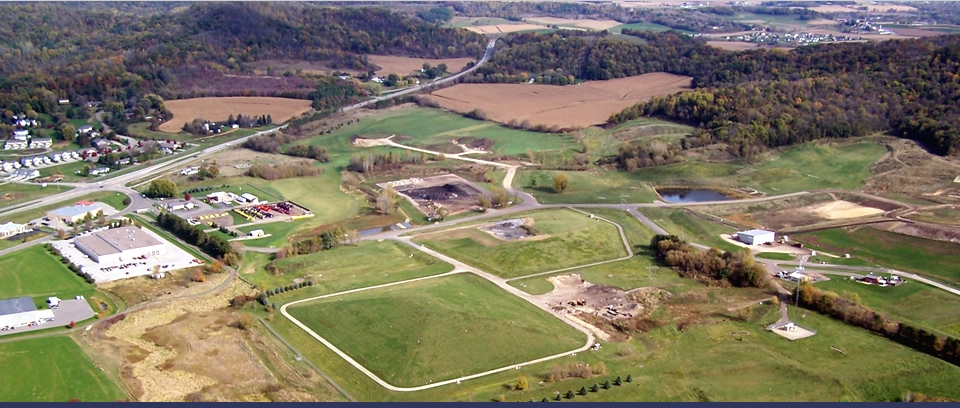National
End to Wisconsin sulfide mining moratorium moves step closer

Expert says “Sulfide mining is actually the most toxic industry in America.”
MADISON, Wis. — Wisconsin Republicans took their first votes Wednesday on a bill that would lift the state’s nearly 20-year moratorium on sulfide mining, pushing the measure through committee and clearing the way for a full Senate vote.
The Senate Committee on Sporting Heritage, Mining and Forestry approved the bill on a 3-2 vote. All three Republicans on the panel, including the bill’s author, Tom Tiffany, voted for the proposal. The two Democrats on the committee, Jon Erpenbach and Bob Wirch, voted against it, warning that the bill would open the door to pollution.
Tiffany said the bill is about providing minerals for the military and manufacturers as well as creating jobs in economically-depressed northern Wisconsin.
“We know one thing for certain with the mining moratorium law. There will be no more mining in the state of Wisconsin. We should just take the miner off the state flag. He’s been unemployed for the last 25 years here in Wisconsin.”
Kerry Schumann from the Wisconsin League of Conservation Voters says it’s called industrial acid mining for a reason.
“Sulfide mining is actually the most toxic industry in America,” she told WIZM back in July. “The Environmental Protection Agency has actually called it the most toxic industry.”
Schumann says the sulfide mining process creates vast amounts of toxic waste.
“It’s called acid mine drainage,” she said. “It contains heavy metals that literally can poison groundwater. It can destroy all aquatic and plant life in a river. It can turn lakes into dead zones.”
Committee approval makes the bill available for Senate leaders to schedule a full floor vote. Senate Majority Leader Scott Fitzgerald’s spokesman, Dan Romportl, said Senate Republicans will probably discuss Tiffany’s bill when they meet next week to talk about their October-November floor agenda.
Both Fitzgerald and Gov. Scott Walker voted for the moratorium when the Legislature passed it in 1998. Fitzgerald was in the Senate and Walker in the Assembly at the time. But Fitzgerald has signed on as a co-sponsor on the new bill; his now-former spokeswoman, Myranda Tanck, said last month that the moratorium isn’t needed any longer because mining technology has improved. Walker’s office hasn’t said whether he supports it.
Under the moratorium, anyone looking to mine sulfide ores such as copper, gold or zinc must prove to the state Department of Natural Resources that a similar mine has operated in the U.S. or Canada for a decade without causing pollution. The applicant also must prove a similar mine has been closed in the U.S. or Canada for at least 10 years without causing pollution.
The DNR has never issued a final decision that any applicant has satisfied those standards. Tiffany insists that a Flambeau Mining Company operation near Ladysmith that closed in 1997 after four years of operation proves mining can be done safely. Environmentalists, though, contend that mine is still polluting state waters.
The bill would eliminate the moratorium. It would exempt large-scale sampling operations from going through the environmental impact statement process and prohibit administrative law judges from blocking any DNR mining application decision, forcing challengers into trial court. It also would do away with requirements that mining applicants establish a trust fund that exists forever to cover any environmental damage.
Committee Republicans walked the bill back a bit Wednesday, amending it to require the DNR determine whether a mining applicant’s equipment would be capable of complying with air, water and waste standards as a condition of approval. It also would require applicants to maintain financial responsibility for any environmental damage that occurs within 40 years of closure and guarantee they’ll cover repairs and upkeep for their mines’ water management systems for between 40 and 250 years.
Tiffany said the financial liability provisions take the place of the trust language. Erpenbach complained that those provisions are weaker than requiring financial responsibility in perpetuity and could leave future taxpayers at risk for environmental cleanup.
___
Follow Todd Richmond on Twitter at https://twitter.com/trichmond1






